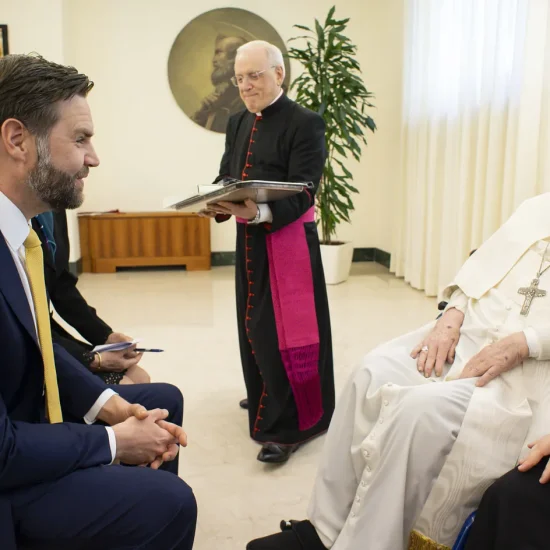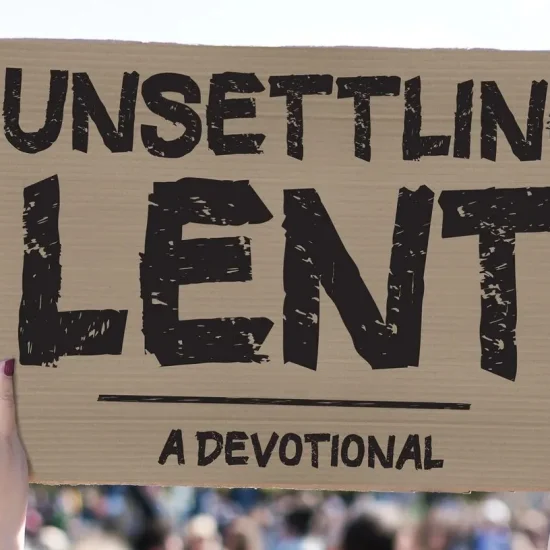The Christian community is all abuzz about a new movie based upon the biblical account of Noah, the ark he built, the flood and the fresh start God provided for the human race. Many critics are, well, pretty critical of Hollywood’s handling of Noah’s story.

Bill Webb
|
Many are not excited with the license demonstrated by the writer/director in depicting the character, played by award-winning actor Russell Crowe, as a person with troubling moods and attitudes.
Others don’t think the biblical record of Noah’s post-flood drunkenness even needed to be included in the big screen’s depiction of this faithful and long-suffering servant of God. Others have criticized the contemporary film for having an environmental message woven into it and for extra-biblical references like the characterization of the Nephilim, portrayed as rock-like fallen angels. For others, simply too much that is not clear in the biblical account has been added.
To be sure, this is not your great-great-grandfather’s 1956 blockbuster production of “The Ten Commandments,” produced and directed by Cecil B. DeMille in VistaVision (color by Technicolor), which I saw with my parents as a young child to enhance my biblical knowledge. In that film, everything was bigger than life, to be sure, but the content was not very controversial. Christians, particularly, loved it.
The greater controversy at the time was whether Christians should frequent potential dens of sin like public movie theaters and buy tickets to support Hollywood and its primary industry. Many did, at least claiming that they were supporting the Bible and its Christian message. Others claimed they were sticking to their Christian principles and stayed home.
In the case of “Noah,” some of the most vocal critics apparently are plunking down their money for tickets so they can be better-informed critics of what they regard as an irreligious — even anti-Christian — cinematic debacle.
It is hard to know whether the timing of the Noah film is unfortunate or a good thing, considering the fact that Easter Sunday is less than two weeks away. Does it help or hurt the climax of Scripture — Christ’s death and resurrection — that people witness this account of Noah and the flood on the big screen, with the good and bad that people see in its production?
In spite of the well-documented ruffled feathers of many believers, the film need not undermine the story of salvation believers will celebrate on their highest holy day — Easter.
The fact is that Noah, while a righteous man in God’s eyes, was not a perfect person. He fits into the mold of every other person who ever lived, with the lone exception of the Messiah himself.
The story of the faithful among us is that no matter how successful our spiritual victories nor how futile our meager attempts, God is willing and able to forgive and clean the slate of each of us who desires such cleansing.
The Easter story is the culmination of God’s ultimate act of redemption. The Creator became exactly like his human creation to the extent that Christ was actually born into the world, not merely placed among humankind, delivered via chariot or parachute or any other way God could have devised. This was God’s ultimate strategy for identifying with the objects of his affection — girls, boys, women and men — humans created by his own hand.
When Jesus came, humankind had already fallen short of the divine plan, just like people in the days of Noah and his family. In the Easter account, it was not the population of the sinful that perished as in the days of Noah. Instead, the Son of God would suffer and perish as the ultimate sacrifice.
Ironically, up to the time of Christ, it had been God who called worshipers to offer acceptable sacrifices for their sins — animal substitutes. It had become a never-ending cyclical effort — sin, repent, sacrifice; sin, repent, sacrifice; sin, repent, sacrifice;…. The irony is that in what we call Holy Week in Scripture, it was the people who — mob-like — called for the death of the one who, though without sin, became the end-all sacrifice for the sins of sinful people.
The story of Christ has often been communicated in movie theaters, theater productions, television and elsewhere. And the productions have never been perfect, always lacking in some ways.
Easter reminds us that one of the most effective ways to influence others for Christ is simply to tell the story of redemption and what the Son of God means to us, what he has done for us and especially the relationship with Christ that awaits anyone willing to trust him.
We do it best when people see in us a reflection of God’s Spirit, a glimpse of what being like Christ is all about. Quite frankly, it is better than the silver screen and the best Technicolor because it is not contrived or man-made. By the grace of God, it is the real thing.
Bill Webb is editor of Word&Way.






